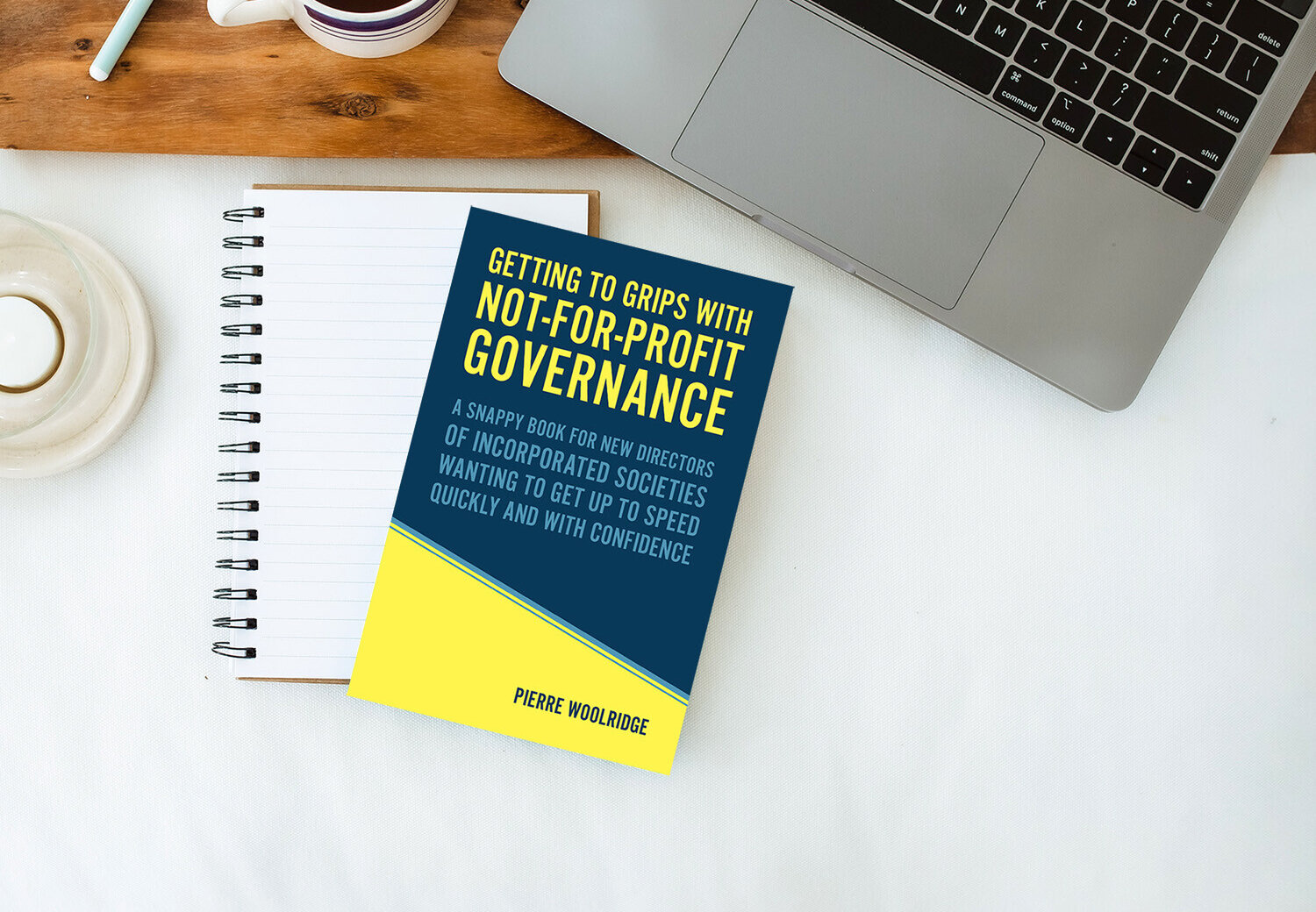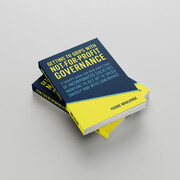Let's start off with a hypothetical story. Imagine a new CEO walking into their first board meeting and gets completely blindsided. They're a whiz with the organisation's day-to-day operations. When the board started throwing around terms like "fiduciary duties" and "strategic oversight" though, let's just say their eyes glazed over faster than a doughnut at a bake sale.
Don't let that be you.
Grasping the nuances of good governance can make all the difference for a new CEO. And a good old governance book might be all it takes to learn the ropes about setting the stage for a successful partnership with your directors.
This month, we're talking about why hitting the books on governance should be priority number one for any new CEO stepping into a not-for-profit organisation.
Decoding the Board’s Approach to Governance & Leadership
Before you get all caught up in strategy and spreadsheets, you must first understand the "why" behind the "what."
A good governance book helps you decipher the board’s approach to leadership, how they make decisions, and what they consider their top priorities. Because, newsflash, not all boards operate the same way. Some occupy themselves with setting the big-picture vision and then stepping back. Others employ a hands-on style. That’s not even taking into account the underlying dynamics and unspoken rules that take a while to figure out.
Decoding these nuances and determining where you fit in become so much easier with a good governance book. You get a cheat sheet on how to carry yourself in those first few meetings, build relationships with individual directors, and understand the unwritten rules of the game. Because once it’s all said and done, your contributions can only be as effective as how closely you align with the board's culture.
The CEO's Unique Contribution
CEOs get hired primarily for one reason: they make things happen. But—and this is a big but—CEOs of non-profits do so much more than just keeping the trains running on time. A solid understanding of governance allows you to contribute at the strategic level and work hand-in-hand with the board to shape the organisation's future.
Ever played that game of telephone where a message gets completely garbled by the time it reaches the end of the line? Communication between a board and its staff can feel a bit like that sometimes.
The CEO serves as the bridge between the board's big-picture vision and the staff who make it a reality. A governance book helps you articulate this connection and translate strategic goals into actionable plans. No more crossed wires or lost-in-translation moments!
Balancing CEO and Board Roles
Okay, pop quiz: what's the secret ingredient to a successful CEO-board relationship? (Hint: it's not just fancy dinners and golf outings). Yep, you guessed it: communication! One that’s clear, honest, and, dare I say, vulnerable communication.
A governance book equips new CEOs with the communication skills necessary for building a strong rapport with the board. It teaches you how to handle those tough conversations, moments when you need to deliver bad news or push back on a decision.
Now, even with the best communication and collaboration, there's always the risk of… well, stepping on each other's toes. The board starts micromanaging or the CEO oversteps their authority.
Reading a book on governance gives you clarity about the roles and responsibilities of both the CEO and the board. The line must be drawn somewhere, and a governance book helps you figure out the perfect spot for it.
Governance for a Winning CEO
Taking the time to really understand governance—whether through a book, a workshop, or some good old-fashioned mentorship—is an investment that will pay off big time. It teaches you about building a rock-solid relationship with your board, establishing clear communication lines with your staff, and leading your organisation to even greater success.
Now go forth and conquer! (But maybe read that governance book first.)



